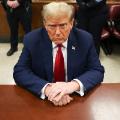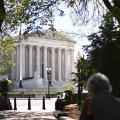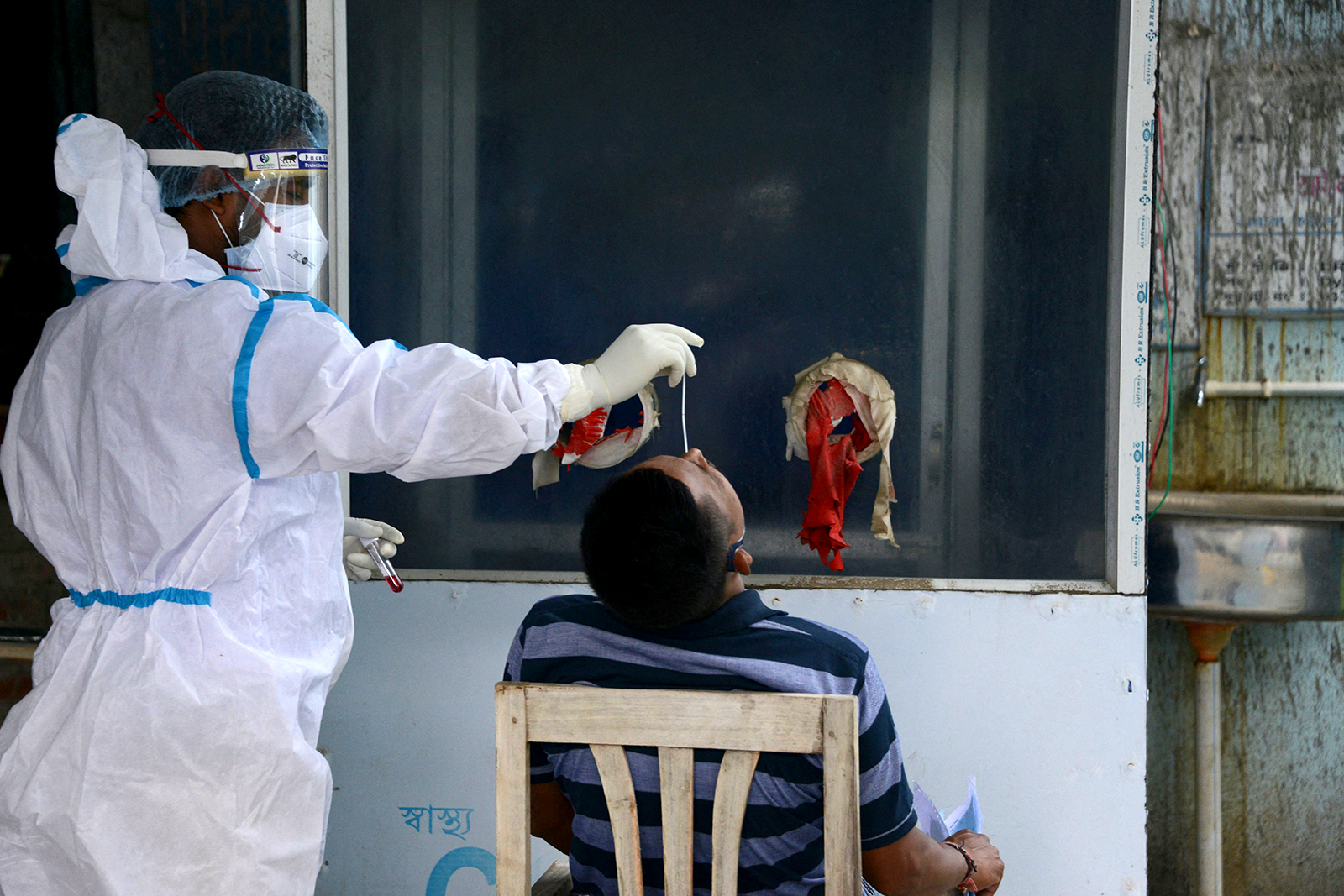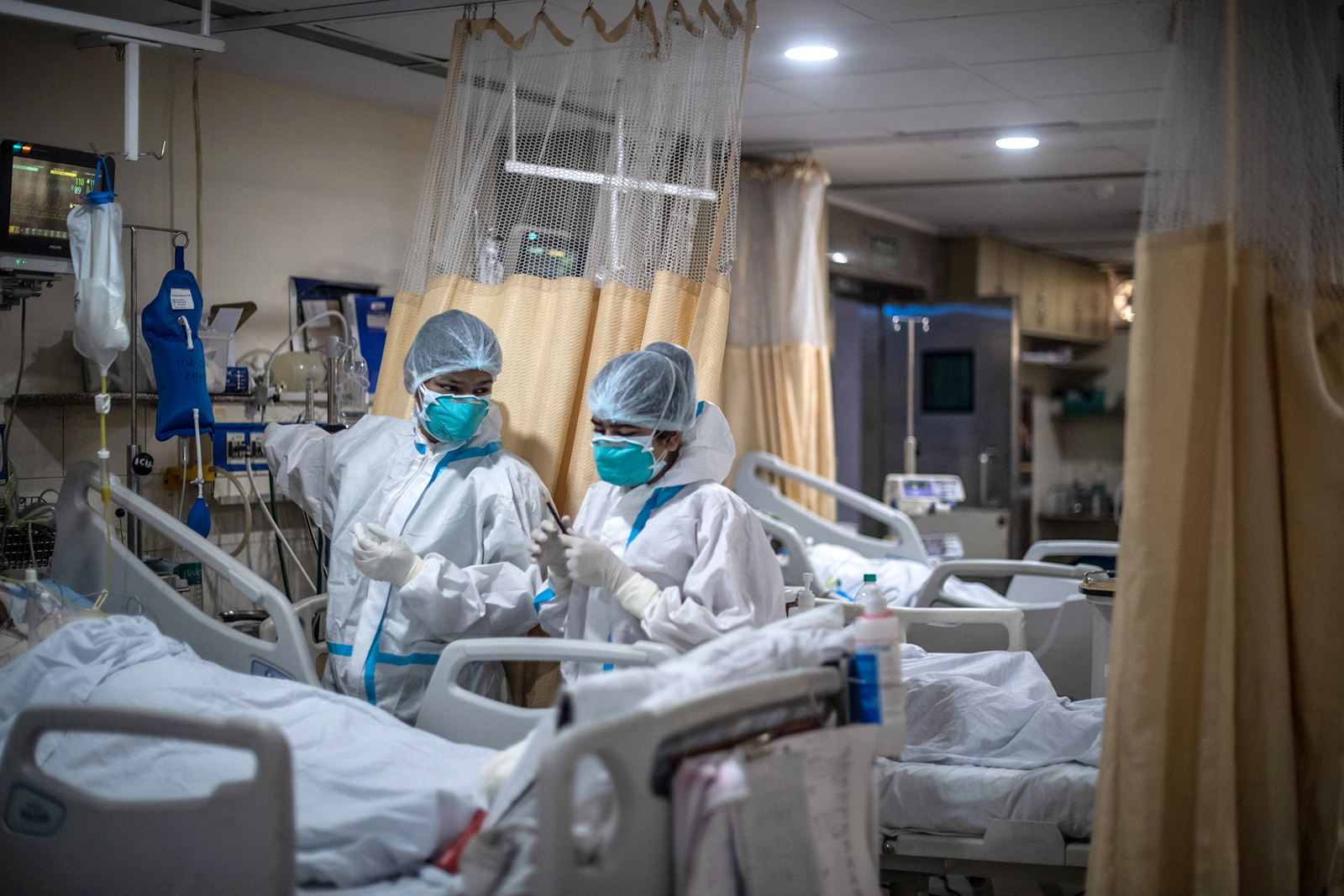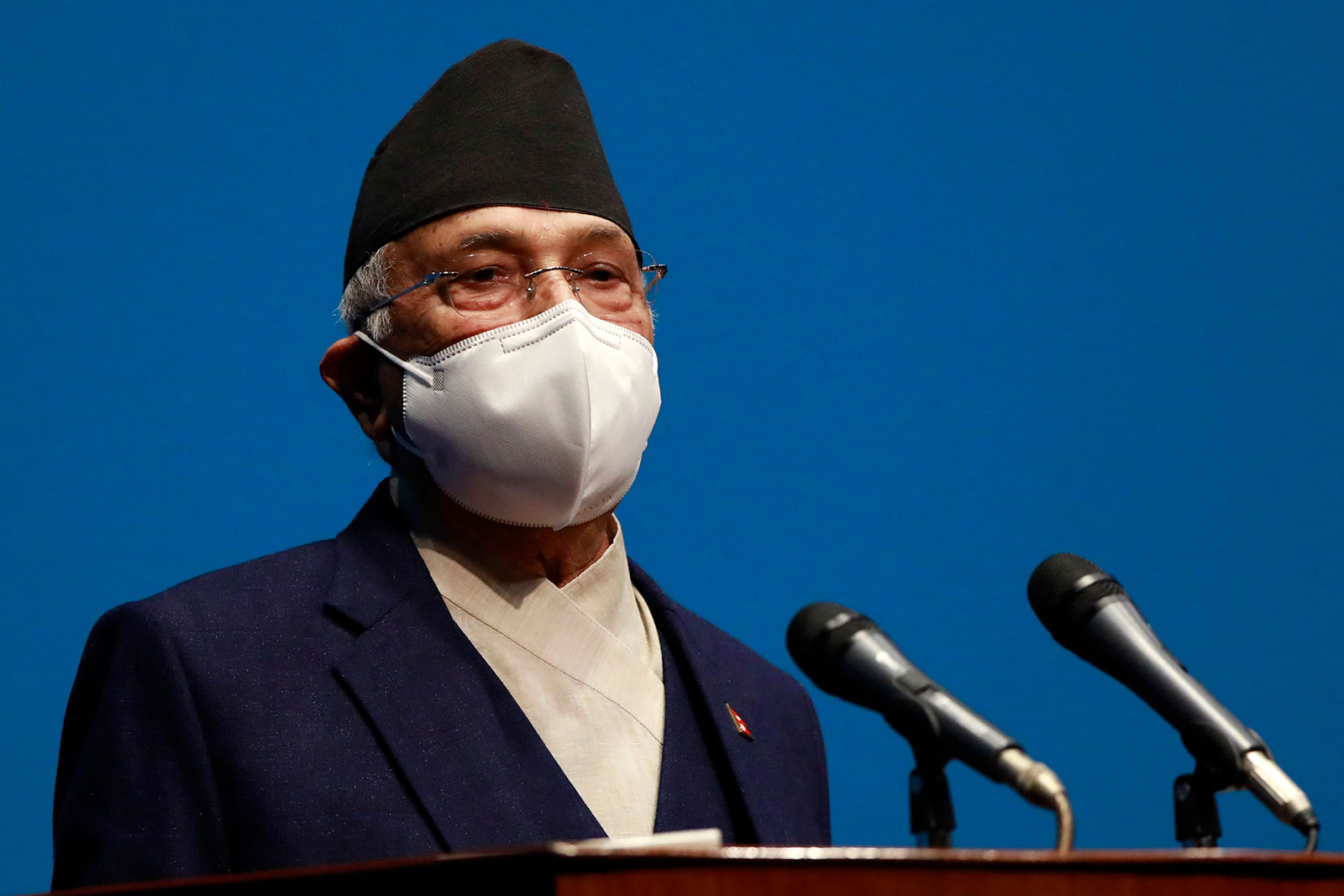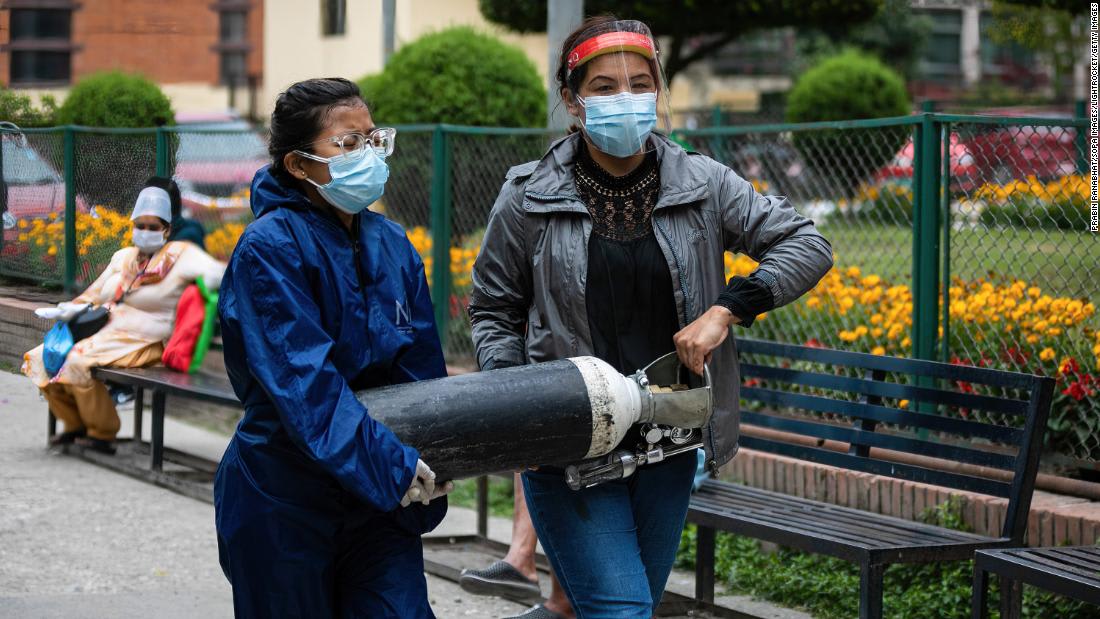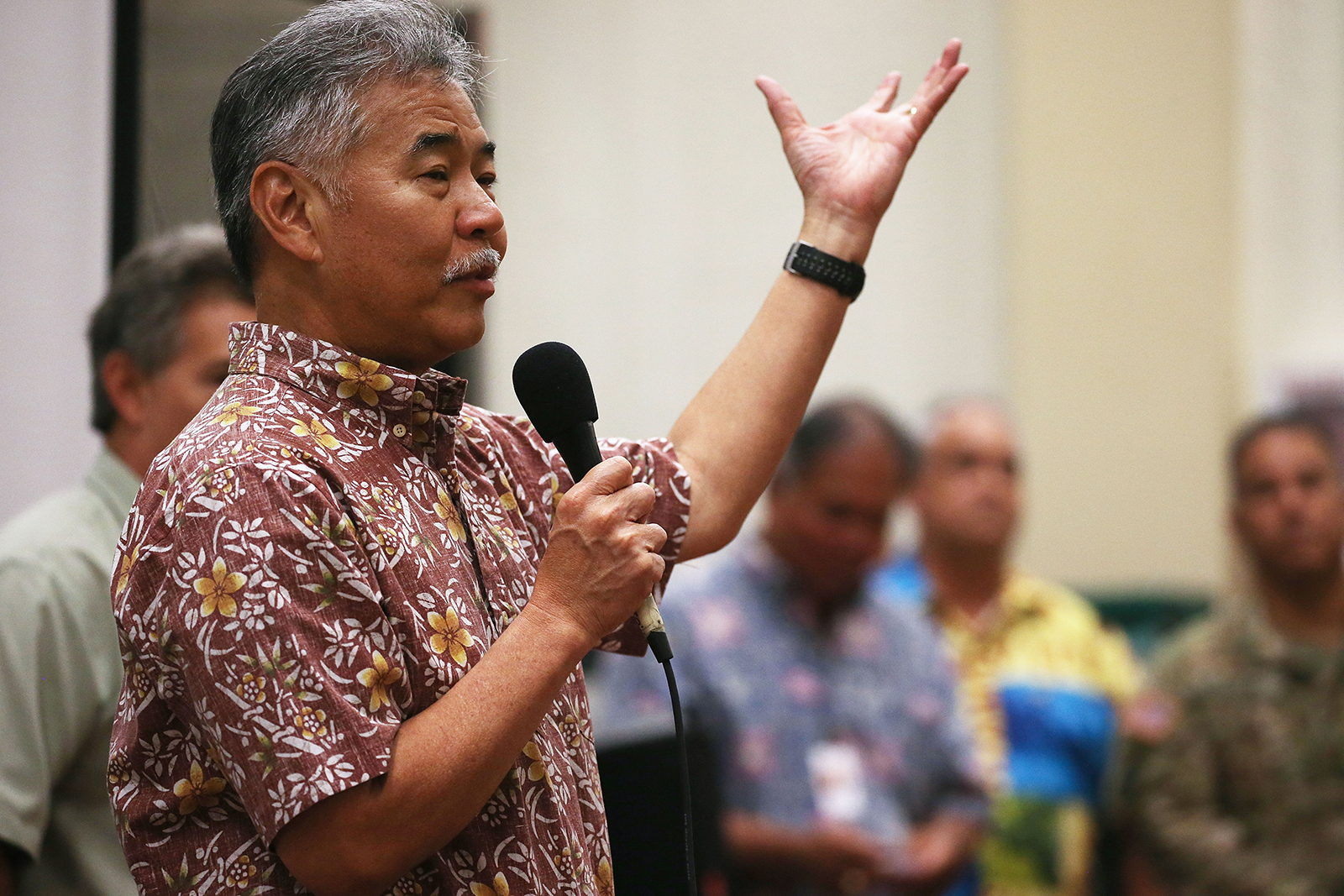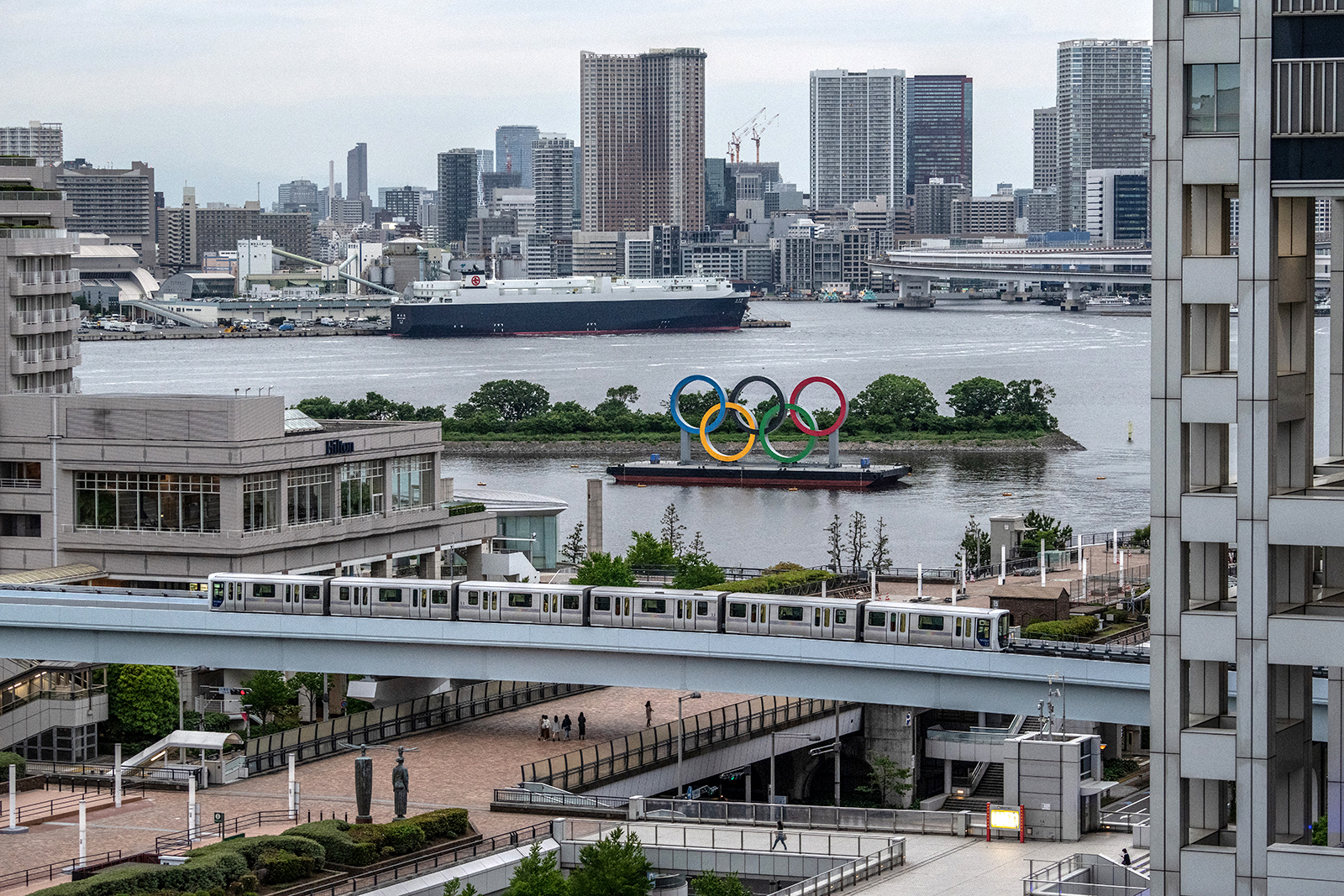
A doctor’s union in Japan has urged the government to cancel the Tokyo Olympics and Paralympics due to the ongoing coronavirus pandemic.
Members of the union went to Japan’s Health Ministry on Thursday to present a written request addressed to Japanese Prime Minister Yoshihide Suga.
“It’s tough for the athletes, but someone has to say that the Games should be canceled. We made the request (to the government) as we think medical workers have to speak up,” Naoto Ueyama, the head of the national doctor’s union, said in a press conference on Thursday.
In the written request, Ueyama cautioned that the Games could become a superspreader event as tens of thousands of athletes, coaches, officials and journalists come to Japan from around the world. Ueyama said that even if there are no spectators, the event could lead to the circulation of variants that are resistant to vaccines.
“It is impossible to hold a safe and secure Olympic Games" amid the coronavirus pandemic, wrote Ueyama. “I strongly oppose holding it.”
Ueyama added that Japan’s vaccination rate is the lowest among OECD countries. He also added that anger and confusion are rampant among Japanese health care workers, who are forced to work extra hours to fight the pandemic.
The Opening Ceremony for the Games is set for July 23, but questions remain over how Tokyo can hold a massive sporting event and keep volunteers, athletes, officials -- and the Japanese public -- safe from Covid-19.
That concern has been amplified by Japan's battle with a fourth wave. The country’s coronavirus cases stand at 660,884 as of Thursday, according to Johns Hopkins University. Several prefectures -- including Tokyo -- are under a state of emergency until the end of May.


